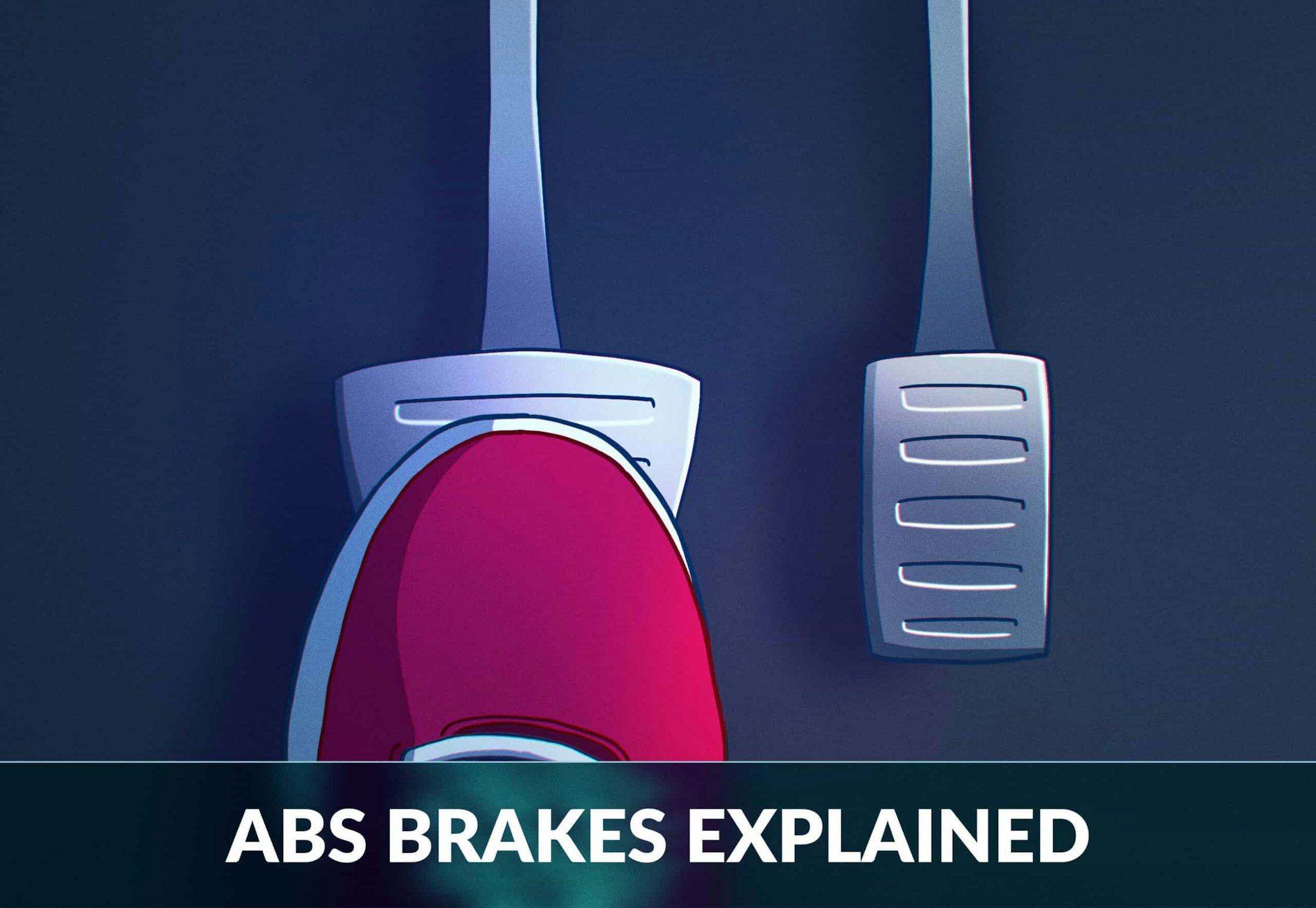When it comes to car maintenance, knowing how to identify and understand potential problems can save you time, money, and headaches. One crucial component of your vehicle’s braking system is the Anti-Lock Braking System (ABS), and understanding its potential issues is vital for your safety on the road.
Identifying and understanding Anti-Lock Brake (ABS) problems can be a daunting task for car owners. However, recognizing the symptoms of a faulty ABS and understanding the underlying causes can help you address the issue promptly and ensure your safety on the road.
Identifying And Understanding Anti-Lock Brake (ABS) Problems: A Comprehensive Guide To Symptoms
Anti-Lock Braking Systems (ABS) play a critical role in enhancing vehicle stability and reducing stopping distances, especially on slippery or uneven road surfaces. However, like any mechanical system, ABS can encounter problems that affect its functionality. Here’s a comprehensive guide to help you identify and understand the common symptoms of ABS issues:

ABS Warning Light
The most common indication of an ABS problem is the illumination of the ABS warning light on your dashboard. This light usually turns on briefly during engine startup as part of the system’s self-check. However, if the light stays on or comes on while driving, it could indicate a fault in the ABS system.
When the ABS warning light is on, it means the ABS system is not functioning correctly. This can be due to various issues, including faulty sensors, problems with the ABS control module, or damage to the ABS wiring. If the ABS warning light is on, it is important to have your vehicle inspected by a qualified mechanic to determine the cause of the problem and have it repaired.

Pulsation In Brake Pedal
Another symptom of an ABS problem is a pulsation or vibration felt in the brake pedal when braking. This pulsation is caused by the ABS system rapidly engaging and disengaging the brakes to prevent wheel lock-up. While some pulsation is normal, excessive or sudden pulsation can indicate a problem with the ABS system.
The pulsation in the brake pedal can be caused by several factors, including a faulty ABS sensor, a problem with the ABS control module, or damage to the ABS wiring. If you feel a pulsation in the brake pedal, it is important to have your vehicle inspected by a qualified mechanic to determine the cause of the problem and have it repaired.

Unusual Noises
In some cases, an ABS problem can also manifest as unusual noises coming from the brakes. These noises can range from grinding or squealing sounds to a loud clunking noise. Grinding noises may indicate worn brake pads or rotors, while squealing sounds could be caused by a faulty ABS sensor.
Unusual noises coming from the brakes can be caused by a variety of factors, including worn brake pads, a faulty ABS sensor, or a problem with the ABS control module. If you hear any unusual noises coming from your brakes, it is important to have your vehicle inspected by a qualified mechanic to determine the cause of the problem and have it repaired.

Reduced Braking Performance
If your ABS system is not functioning correctly, you may notice a decrease in braking performance. This can be particularly noticeable on slippery or uneven road surfaces, where the ABS system typically helps to maintain stability and prevent wheel lock-up.
Reduced braking performance can be caused by a variety of factors, including a faulty ABS sensor, a problem with the ABS control module, or damage to the ABS wiring. If you notice a decrease in braking performance, it is important to have your vehicle inspected by a qualified mechanic to determine the cause of the problem and have it repaired.

Common Causes of ABS Problems
There are several common causes of ABS problems, including:
- Faulty ABS sensors
- Problems with the ABS control module
- Damage to the ABS wiring
- Low brake fluid level
- Worn brake pads or rotors
If you are experiencing any of the symptoms of an ABS problem, it is important to have your vehicle inspected by a qualified mechanic to determine the cause of the problem and have it repaired.

Tips For Avoiding ABS Problems
There are several things you can do to help avoid ABS problems, including:
- Regularly inspecting your brake system, including the ABS sensors, wiring, and brake fluid level
- Having your brake pads and rotors replaced as needed
- Avoiding driving on rough or uneven road surfaces
- Getting your vehicle serviced by a qualified mechanic
By following these tips, you can help keep your ABS system in good working order and ensure your safety on the road.

ABS Myths And Misconceptions
There are a few common myths and misconceptions about ABS that can lead to confusion and misunderstandings. Here are a few of the most common:
- Myth: ABS makes your car stop shorter.
Fact: ABS does not make your car stop shorter. In fact, it can sometimes increase stopping distances, especially on dry pavement. - Myth: ABS prevents your wheels from locking up.
Fact: ABS does not prevent your wheels from locking up. It only helps to reduce the amount of time that your wheels are locked up. - Myth: ABS is only useful on slippery roads.
Fact: ABS can be useful on both slippery and dry roads. It can help to improve braking performance in a variety of conditions.
It is important to understand the facts about ABS so that you can make informed decisions about your vehicle’s safety features.

Conclusion of Identifying And Understanding Anti-Lock Brake (ABS) Problems: A Comprehensive Guide To Symptoms
ABS is a critical safety feature that can help to prevent accidents and save lives. By understanding the symptoms of ABS problems and taking steps to avoid them, you can help to ensure that your ABS system is always working properly and that you are safe on the road.
